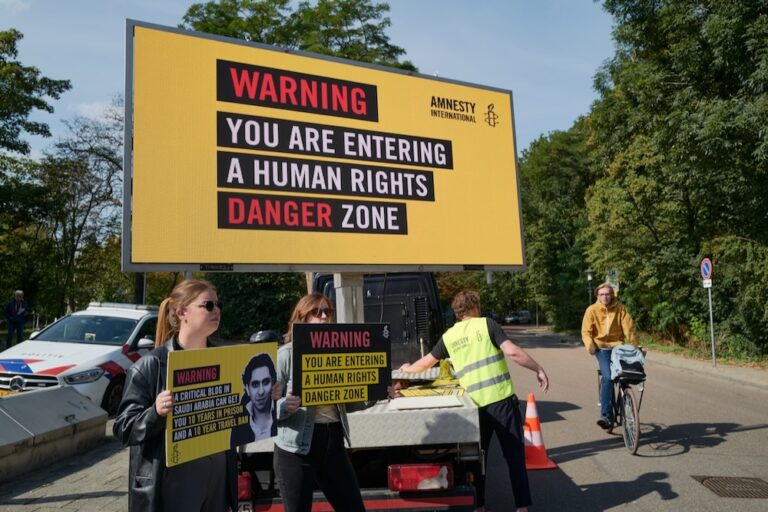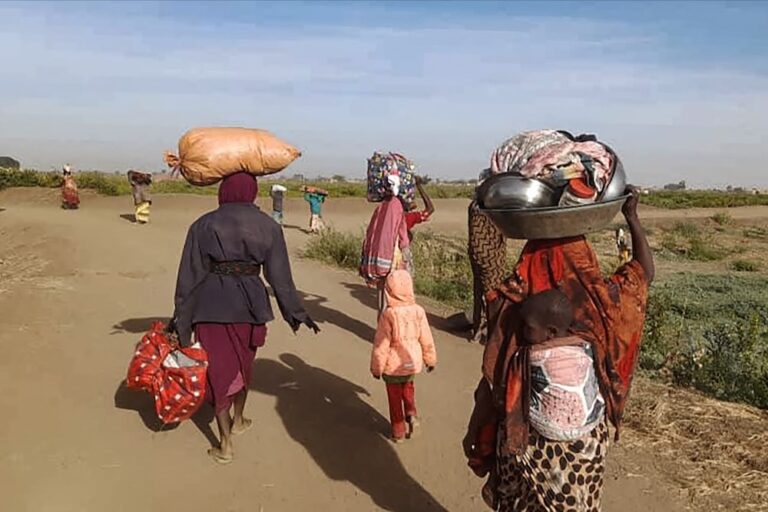Journalistic blogging has become a crucial front in the struggle for freedom of expression, CPJ says in a new report.
(CPJ/IFEX) – New York, October 14, 2009 – Journalistic blogging has become a crucial front in the struggle for freedom of expression in the Middle East and North Africa as authoritarian governments rewrite laws and deploy technology to block online reporting and commentary, the Committee to Protect Journalists says in a new report.
Iran is the worst online repressor in the region, CPJ found, with governments in Egypt, Saudi Arabia, Tunisia, and Syria also establishing deplorable records for harassing, detaining, and censoring bloggers.
Journalistic blogging has boomed in the region in the last several years, writes Mohamed Abdel Dayem, CPJ’s program coordinator for the Middle East and North Africa and the author of the report. The restrictive landscape for traditional media has led many journalists online, where they can offer dissenting commentary and examine sensitive issues that traditional media, shackled by government ownership or longstanding prohibitions, cannot address.
“As Internet connectivity mushrooms in the region, the popularity of blogs has rivaled that of traditional news media. This is especially true with sensitive topics such as sexual harassment, torture, and HIV/AIDS. On topics such as these, bloggers have pushed boundaries and provided cover for traditional journalists to follow,” Abdel Dayem writes.
Governments are working hard to push back. Authorities are expanding existing legal restrictions, writing new Web-specific laws, and imposing requirements on service providers to police customers, CPJ found. These countries are also deploying technology to monitor and block online content. And in places from Iran to Tunisia, authorities are employing old-school tactics such as harassment and detentions against bloggers, most of whom are isolated and vulnerable.
“The tactics of authorities may vary but the goal is often the same: Convince a blogger that the cost of doing battle with the state far outweighs any benefit,” writes Abdel Dayem, who offers urgent recommendations to regional governments, technology firms, and the international community.


